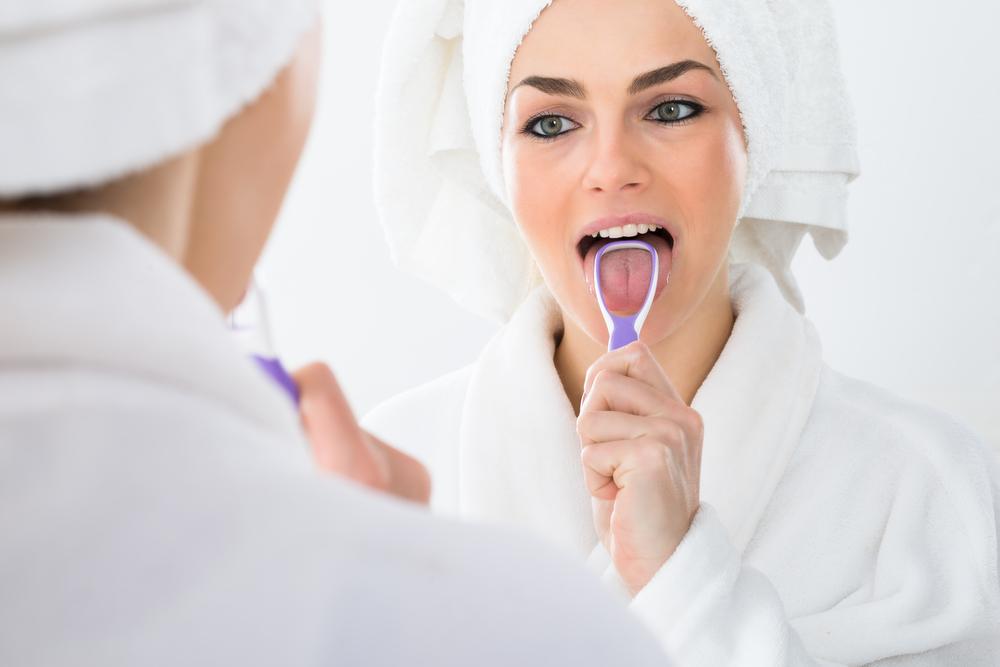Comprehensive Guide to Combatting Bad Breath and Its Causes
Discover the causes of bad breath and learn effective remedies to combat halitosis. From proper oral hygiene practices and dietary adjustments to professional dental treatments, this guide offers comprehensive tips to achieve long-lasting freshness and boost confidence. Consult healthcare professionals for persistent issues and ensure optimal oral health today.

Bad breath, medically known as halitosis, can be a source of embarrassment and diminish self-confidence. Many turn to mints, mouthwashes, or gum for temporary relief, but these do not address the root issues. Factors such as specific foods, medical conditions, and inadequate oral care habits play a significant role in foul odors. Ensuring proper and consistent oral hygiene is vital for long-lasting freshness. If self-care strategies fall short, it’s best to consult a dentist or healthcare professional to identify any underlying health problems causing persistent bad breath.
Indicators
Some people may be unaware of their own bad breath, while others may worry excessively despite having minimal odor. Since self-assessment can be difficult, ask a trusted friend or family member to periodically check your breath.
Common causes of bad breath include:
Dietary Choices
Consuming foods like onions, garlic, and spicy seasonings releases compounds that bacteria in the mouth break down, creating odors. These substances can also enter your bloodstream and influence breath through your lungs.
Tobacco and Smoking
Tobacco use promotes gum disease and emits unpleasant smells. Smokers often experience increased bacterial buildup, worsening bad breath.
Poor Dental Hygiene
Skipping brushing and flossing allows food remnants to remain, fostering bacterial growth and plaque buildup. Bacteria on the tongue and between teeth are common sources of odor.
Dry Mouth
Saliva naturally cleanses the mouth. Reduced saliva flow, due to dry mouth or xerostomia, can cause persistent bad breath, particularly after sleep or mouth breathing.
Medications
Some medicines decrease saliva production or cause oral side effects, leading to foul breath.
Infections and Conditions
Mouth infections, gum disease, tonsil stones, or sinus infections can harbor bacteria that emit odors, contributing to bad breath.
Effective Solutions
Dental Treatments
Using antibacterial toothpastes and mouth rinses helps control bacterial growth. For issues like gum disease, consulting a dentist or periodontist is essential—professional cleaning or restorative procedures may be necessary to eliminate odor sources.
Home Care and Lifestyle Practices
To improve oral freshness at home, try these tips:
Consume after Meals – Carry a toothbrush and brush teeth following meals with fluoride toothpaste containing antibacterial properties.
Daily Flossing – Remove food particles and plaque from between teeth to prevent bacterial buildup.
Clean Your Tongue – Regularly scrape or brush your tongue to eliminate bacteria and coating, especially if affected by smoking or dry mouth.
Keep Mouth Moist – Stay hydrated, limit alcohol and caffeine, and chew sugarless gum or candies to boost saliva flow. Artificial saliva products can also help if needed.
Modify Your Diet – Reduce intake of odorsome foods like onions and garlic, and cut back on sugary snacks.
Use Fresh Toothbrushes – Replace your toothbrush every three to four months to maintain hygiene.
Visit Your Dentist Regularly – Schedule biannual dental checkups for professional cleaning and assessments.
Implementing these combined strategies can help control bad breath effectively, leading to fresher breath and increased confidence.Note:
This guide offers practical tips for managing halitosis. Persistent issues should be evaluated by dental or medical professionals. This content is for informational purposes and not a substitute for professional advice. We are not responsible for external inaccuracies or claims.


